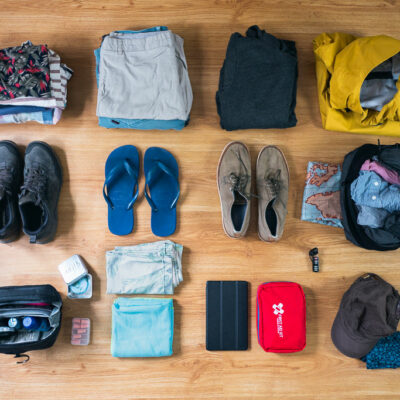Introduction:
Traveling to a foreign country can be an enriching experience, but it often comes with the challenge of navigating language barriers. Whether you’re a tourist, a student studying abroad, or a business professional on an international assignment, effective communication is essential for a smooth and successful experience. In this article, we’ll explore practical advice and strategies to help you overcome language barriers and communicate effectively while abroad.
Tips and Recommendations:
- Learn Basic Phrases:
Before traveling to a foreign country, take the time to learn some basic phrases in the local language. Simple greetings, expressions of gratitude, and asking for directions can go a long way in making a positive impression and establishing rapport with locals. Example: If you’re traveling to France, learning phrases like “Bonjour” (hello), “Merci” (thank you), and “Excusez-moi, pouvez-vous m’aider?” (Excuse me, can you help me?) can be incredibly useful. - Utilize Translation Apps:
In today’s digital age, translation apps can be invaluable tools for overcoming language barriers. Apps like Google Translate allow you to quickly translate text, speech, and even images, making it easier to communicate with locals in real-time. Example: Suppose you’re in Japan and need to communicate with a taxi driver who doesn’t speak English. You can use a translation app to type or speak your destination, ensuring clear communication. - Use Non-Verbal Communication:
Non-verbal cues such as gestures, facial expressions, and body language can convey meaning even when words fail. Pay attention to the non-verbal cues of those you’re communicating with and be mindful of your own gestures to enhance understanding. Example: When negotiating prices at a market in Thailand, a smile and friendly demeanor can help bridge the language gap and lead to successful transactions. - Seek Assistance from Locals:
Don’t hesitate to ask locals for help or clarification when you encounter language barriers. Many people are willing to assist travelers, whether it’s providing directions, recommending local attractions, or helping with translations. Example: If you’re struggling to communicate with a waiter at a restaurant in Spain, asking a nearby diner or the restaurant staff for assistance can facilitate smoother communication. - Carry a Phrasebook:
While relying on digital tools is convenient, having a physical phrasebook can be handy in situations where internet access is limited or unreliable. A pocket-sized phrasebook with essential phrases can serve as a reliable backup when technology fails. Example: While exploring rural areas in Vietnam, where internet connectivity is sparse, a phrasebook can help you communicate with locals and navigate everyday situations.
Conclusion:
Language barriers need not hinder your ability to connect with people and navigate unfamiliar environments while traveling abroad. By employing the practical tips and recommendations outlined in this article, you can enhance your communication skills, build meaningful connections, and make the most of your international experiences. Embrace the opportunity to learn from diverse cultures and languages, and you’ll find that communication transcends linguistic boundaries.



No Comment! Be the first one.